Any young man who is unmarried at the age of twenty one is a menace to the community
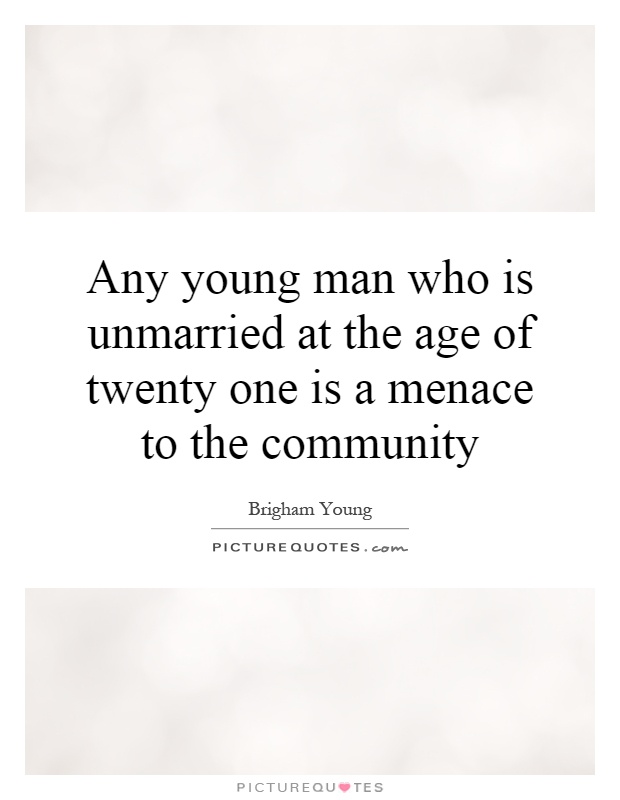
Any young man who is unmarried at the age of twenty one is a menace to the community
In the context of Brigham Young, the statement "Any young man who is unmarried at the age of twenty one is a menace to the community" takes on a new significance. Brigham Young was a prominent figure in the early history of The Church of Jesus Christ of Latter-day Saints and played a crucial role in the settlement of the American West. As a leader of the Mormon community, Young placed a strong emphasis on marriage and family life, believing that these institutions were essential for building a strong and prosperous society.In the 19th century, when Young was leading the Mormon community, marriage was seen as a sacred institution that was central to the well-being of individuals and the community as a whole. Young encouraged young men to marry at a young age, believing that marriage provided stability, companionship, and a sense of purpose. He believed that unmarried men were more likely to engage in reckless behavior, such as drinking, gambling, and other vices, which could harm the community.
Young also believed that marriage was a way to ensure the continuation of the Mormon faith and culture. By marrying within the faith and raising children in the Mormon tradition, Young believed that the community would grow stronger and more resilient. He saw marriage as a way to pass on values, beliefs, and traditions to future generations, ensuring the survival of the Mormon community.
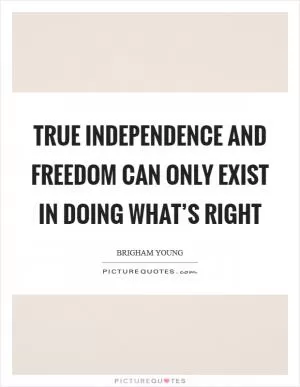

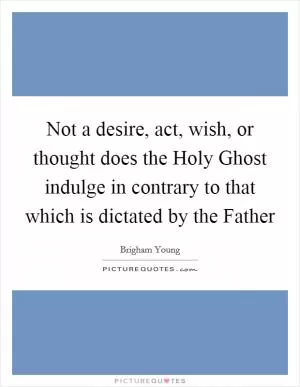
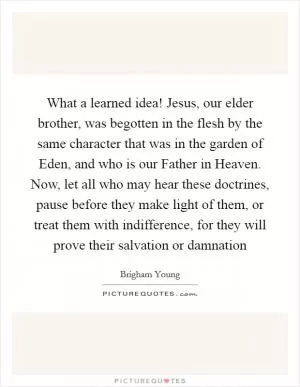

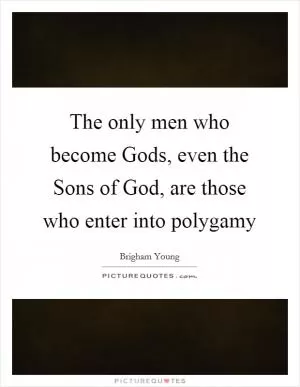



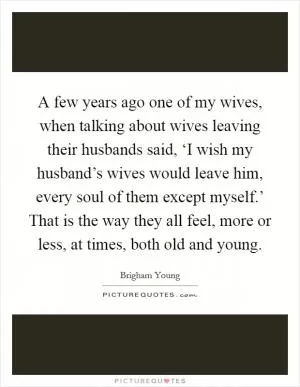
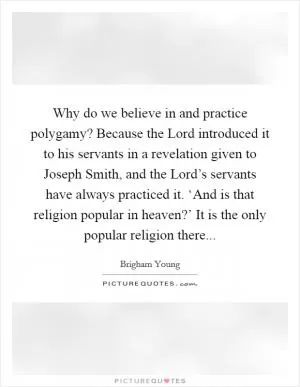
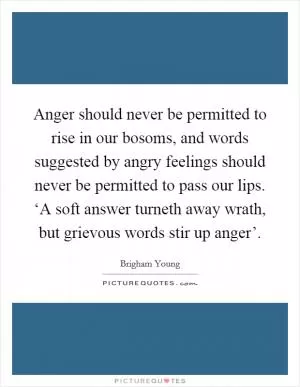
 Friendship Quotes
Friendship Quotes Love Quotes
Love Quotes Life Quotes
Life Quotes Funny Quotes
Funny Quotes Motivational Quotes
Motivational Quotes Inspirational Quotes
Inspirational Quotes